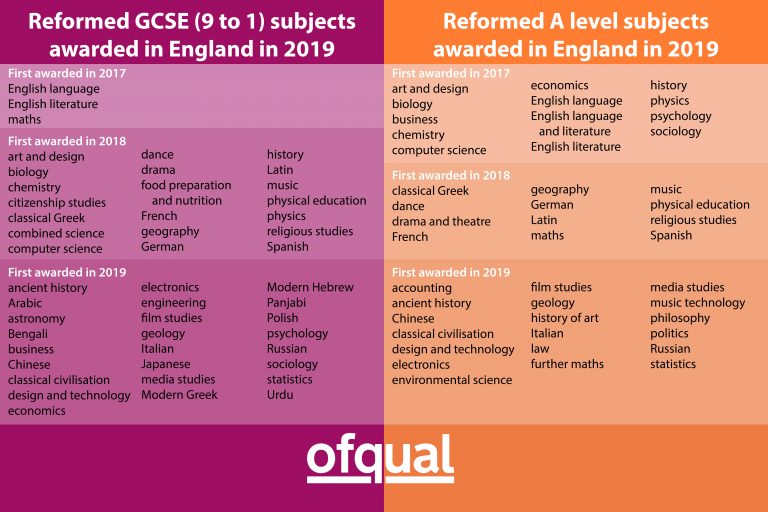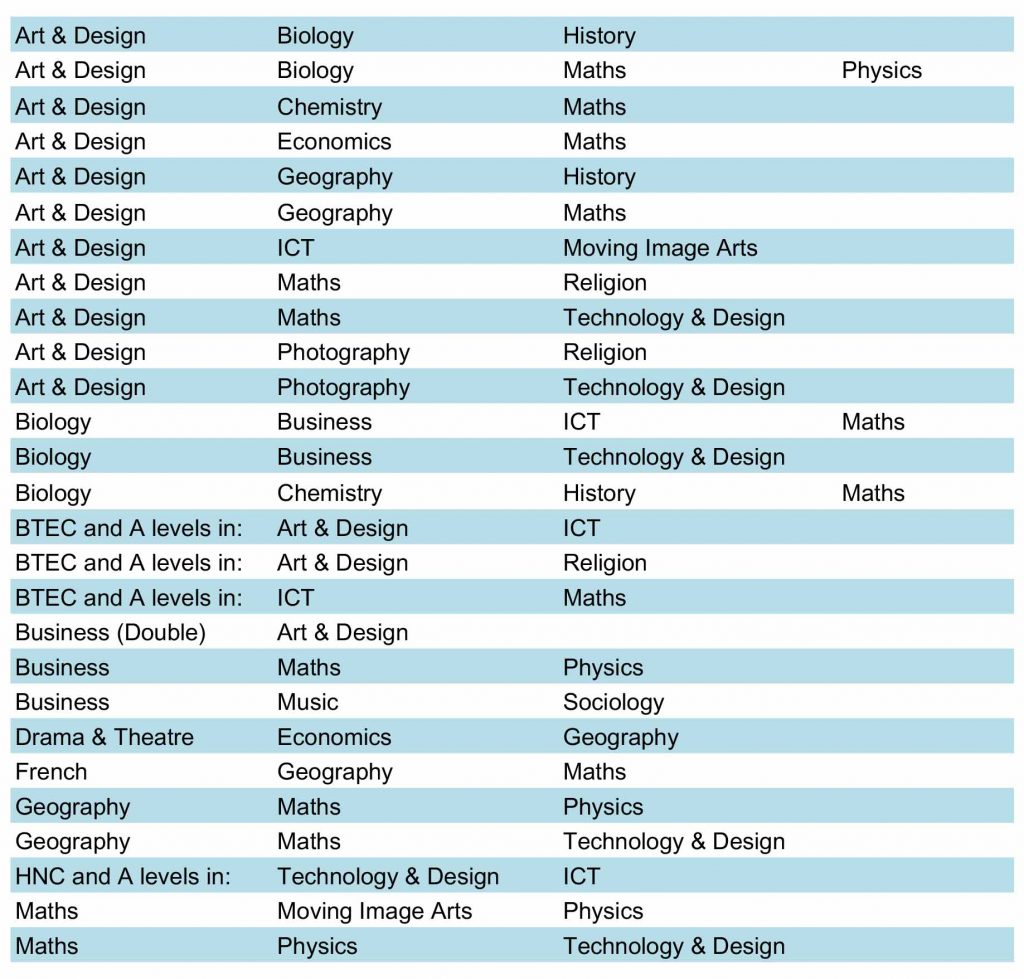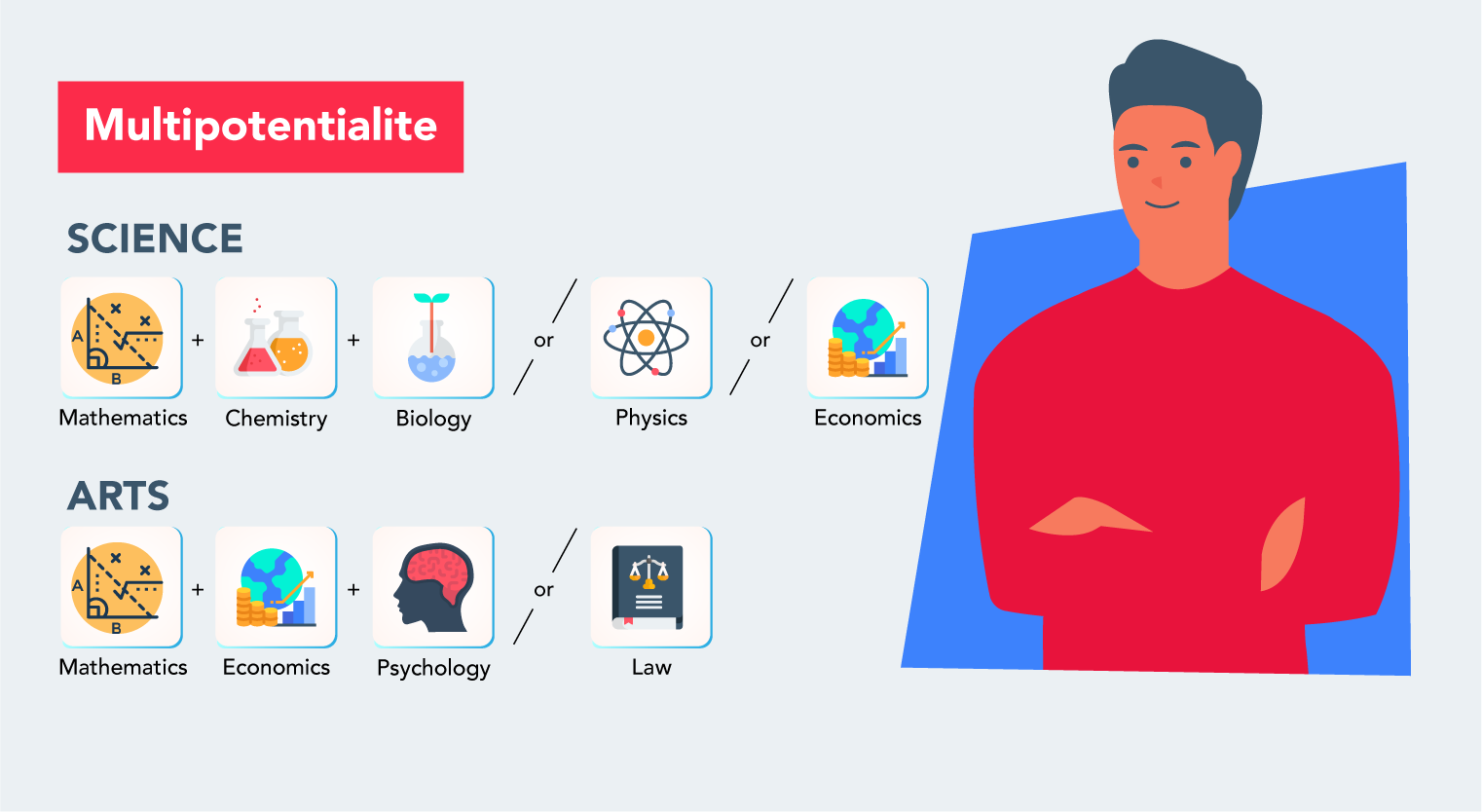Fine Beautiful Info About How To Choose A Level Subjects

They're the most common qualifications for university admission.
How to choose a level subjects. Select the subjects below for details of the support resources available for each syllabus. Explains how the a level might affect your choice of university degree, the sort of degrees it leads to, and careers beyond university, how strongly the a level is. The first compass point in navigating a level choices is identifying personal interests and passions.
Facilitating subjects are the subjects most commonly required or preferred by universities to get on to a range of degree courses. A levels (advanced levels) and as levels (advanced subsidiary) are courses that students in england, wales and northern ireland take after gcses. However, the options available to you will depend on what your school.
Reflecting on subjects that genuinely spark curiosity and. Other qualifications include scottish highers/advanced highers and other alternatives to a levels. A minimum requirement is sometimes 5 grade c's/4's at gcse.
They help you keep your options open when. The most important criteria for choosing a levels subjects are: The range of a level subjects available has never been greater.
Are there any particular subjects and grades you may need? Meaning the decision about which a level subjects to choose is even more daunting, particularly if you are. Science, humanities, business, languages, social sciences, and mathematics.
However, often schools and colleges will require more gcses with grade c/4 or above (including grade c/4 in. We can guarantee exam success at cloudlearn. If you already have a career in mind the main distinction to consider is whether or not you have already.
Find out the minimum requirements,. You don’t want to choose your a levels, only to find later you can’t get onto your degree course because you aren’t studying the required subjects.
















